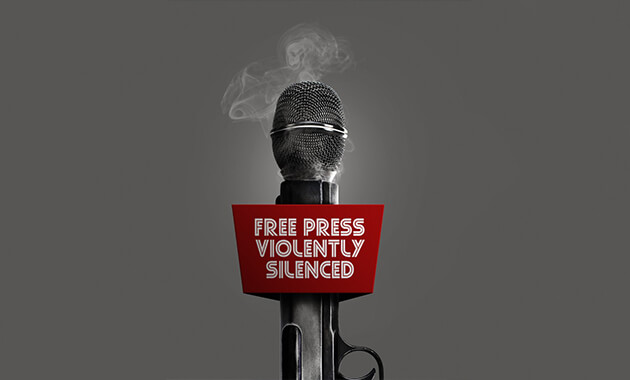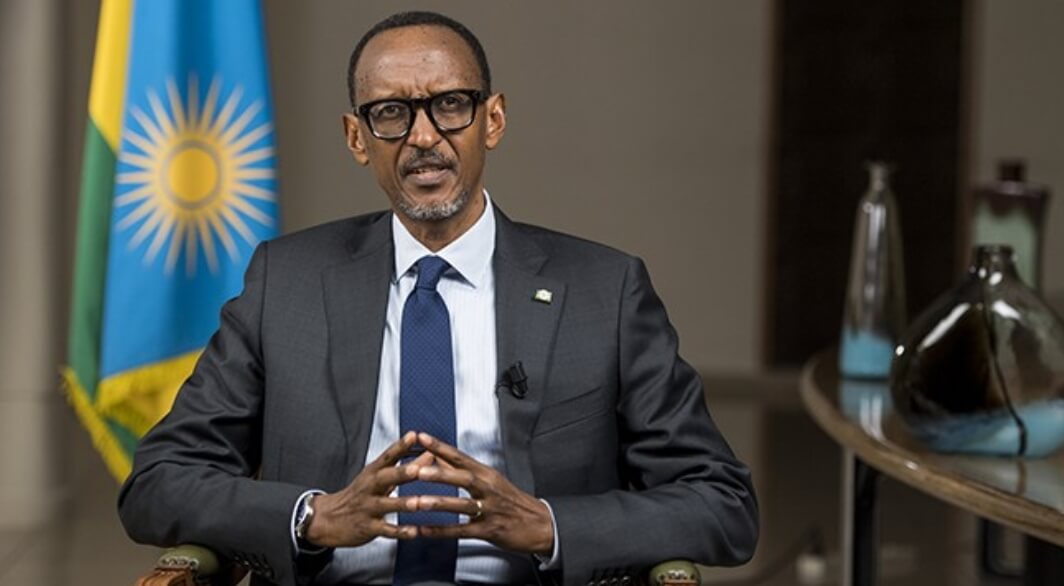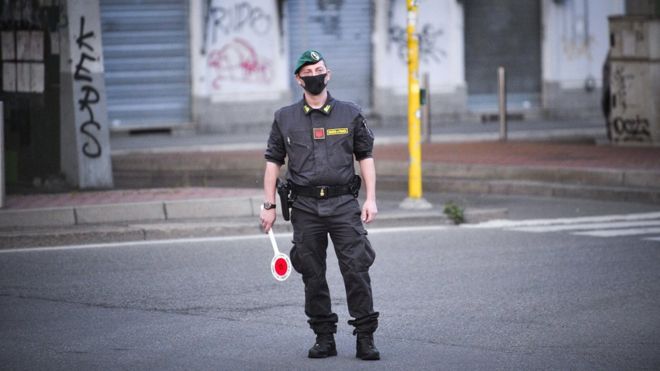Press Freedom Day is every May 3, what exactly is it?

World Press Freedom Day was proclaimed by the United Nations General Assembly in December 1993, following the recommendation of the United Nations Educational, Scientific and Cultural Organization’s (UNESCO) General Conference. Since then, May 3, the anniversary of the Declaration of Windhoek is celebrated worldwide as World Press Freedom Day.
Freedom of press protects the right to spread thoughts, ideas, news and views by publishing them. Press freedom means the government can not prevent information from being published in most cases. It is closely tied to freedom of speech.
UNESCO marks this annually by bringing together media professionals, press freedom organisations and UN agencies to assess the state of press freedom worldwide and discuss solutions for addressing challenges. Each conference is centred on a theme related to press freedom, including good governance, media coverage of terrorism, impunity and the role of media in post-conflict countries.
UNESCO also marks World Press Freedom Day by conferring the UNESCO/Guillermo Cano World Press Freedom Prize, created in 1997 on a deserving individual, organisation or institution that has made an outstanding contribution to the defence and/or promotion of press freedom anywhere in the world, especially when this has been achieved in the face of danger.
The Prize is named in honour of Guillermo Cano Isaza, a Colombian journalist who was assassinated in front of the offices of his newspaper, El Espectador, in Bogotá, on 17 December 1986. Cano’s writings had offended Colombia’s powerful drug barons.
Press freedom and First Amendment
In everyday conversation, “press” typically means professional journalists and news organizations. But press freedom protects everyone. It is a limit on the government, not a freedom that only some people enjoy.
The government does not get to say who is or is not a journalist. There is no official government certification, licensing or approval process to qualify as a journalist. In general, courts have defined “press” to include all publishers. Publishers create and edit content and then spread it. Broadcast and cable stations, newspapers, magazines and digital publications all enjoy freedom of press.
Today, social media sites are a common source of news. Such sites allow users to post and share content. The sites also have terms of service that allow them to ban certain speakers or delete individual posts.
Social media companies can make these decisions because they have their own First Amendment rights, allowing them to make their own decisions about what content to allow or prohibit. Whether the government can regulate how social media sites moderate content users post is an issue being debated in the courts today.
A related issue – but technically not a First Amendment one – is whether these sites are publishers or not. Since users, not the sites themselves, publish the content, and the sites typically do not select which content is posted, courts have said they are not publishers.
Instead, they fall under the federal Communication Decency Act’s Section 230. It says that if a user publishes illegal content on a social media platform, the user and not the social media platform would typically be held responsible.
Press protection under the First Amendment
UN mandates May 3 as a reminder to governments of the need to respect their commitment to press freedom. It is also a day of reflection among media professionals about issues of press freedom and professional ethics.
News organizations can’t be forced to publish certain content or be prevented from publishing what they want, in most cases. They have a First Amendment right to refuse to publish letters to the editor and ads. Because they are privately owned with editors who control content, they are free to promote whatever view they wish. These protections also extend to newsgathering.
Under UN laws, World Press Freedom Day is an opportunity to celebrate the fundamental principles of press freedom, assess the state of press freedom throughout the world, defend the media from attacks on their independence, and pay tribute to journalists who have lost their lives in the line of duty.
Press is protected from most censorship before and after publishing
Freedom of press protects publishing news, information and opinions. The government cannot ban or punish publishing something that reflects a certain viewpoint or that could be biased or unethical. Such content can only be regulated if it meets specific high standards to lose protection.
News organizations are protected from government censorship. Except in the most serious national security situations, they cannot be stopped from publishing (prior restraint). Nor can they be ordered to let government agencies or officials review reporting before it is published.
These protections are key to press freedom because a primary role for press is to hold government accountable, an impossible job if there’s a possibility or fear of censorship.
It is possible to punish press for harm caused by something that has been published. For example, someone could file a lawsuit if they believe their reputation has been harmed because something false was published about them (defamation, also known as libel) or when private facts have been published about them (invasion of privacy).
Recording in public
Freedom of press also protects how information is gathered before it can be published. Press cannot break laws that generally apply to everyone. For instance, a reporter cannot break into a private home or business in chasing a story. But there are significant protections designed to ensure publication of important stories.
Journalists gather news by observing, talking to people, taking photos and recording videos. Journalists aren’t guaranteed special access, but they have the same rights and restrictions in public as anyone.
The courts have generally stood behind journalists who act reasonably in trying to get information. Courts have not protected those who disregard police orders. Courts have recognized under the First Amendment that journalists should be left alone by the police, so long as they do not interfere with police activity or risk their own personal safety.
The U.S. Supreme Court has said that recording video in public places can be protected if the recorder – professional journalist or otherwise – has a message and an audience to receive it.
What courts don’t all agree on is whether there is always a right to record police activity, or whether laws or policies can limit the circumstances in which recording can take place.
Leaks
The news media’s role includes being a watchdog on the government. Members of press often get information from leakers who share information about the government that isn’t public and whistleblowers who share evidence of government wrongdoing.
While there are laws to protect whistleblowers, leaking can sometimes be a crime. But journalists can’t be punished for publishing information that was obtained illegally, as long as the journalist didn’t do anything illegal.
Some states have “shield laws” that protect journalists from being forced to reveal the sources of their reporting, but there isn’t a federal equivalent.
Can freedom of press be limited?
Unless restricted by a serious national security concern (which is rare), the news media are free to publish any information or opinion they want. This freedom, however, does not always protect them from liability. An outlet that publishes false information about a person, for example, can be sued for libel.
A news organization similarly can be sued if it unlawfully invades a person’s privacy – like by trespassing on private property without the owner’s consent – or if it harasses someone by continually following them.
Because of a 1988 Supreme Court decision, public elementary and secondary school officials generally have broad leeway to censor school-sponsored publications.
Why is freedom of press part of the First Amendment?
Protected by the First Amendment, a free press means our government answers to the people. An independent news media uses its watchdog role to investigate and report on government overreach and wrongdoing and hold those in power accountable for their actions.
Because of press freedom, we get to decide what news, information and entertainment to consume. The government does not have the power to select which media to allow. Exposure to a variety of viewpoints encourages self-expression and debate and helps us make informed decisions about our community and country.
This core freedom also entertains us, provides a “first draft of history” and spurs some of us toward activism. At its best, press connects us and provides information we rely on to participate in public life – protecting all our freedoms.
How can you be a savvy news consumer?
The First Amendment protects access to a full range of information. It protects not only responsible journalism, but also biased, flawed and misleading content.
As information consumers, we don’t want to be misled, falling for every fake headline. We don’t want to be so skeptical it’s impossible to trust anyone or recognize facts, either. And now, we are all content creators who decide what we should or should not share.
It’s up to us to evaluate content we see online and make informed decisions about it; to understand ethical journalism and identify opinion and bias; and to separate fact from fiction and steer clear of misinformation and disinformation.
Source: Freedom Forum
Abeeb Lekan Sodiq is a Managing Editor & Writer at theafricandream.net. He’s as well a Graphics Designer and also known as Arakunrin Lekan.




